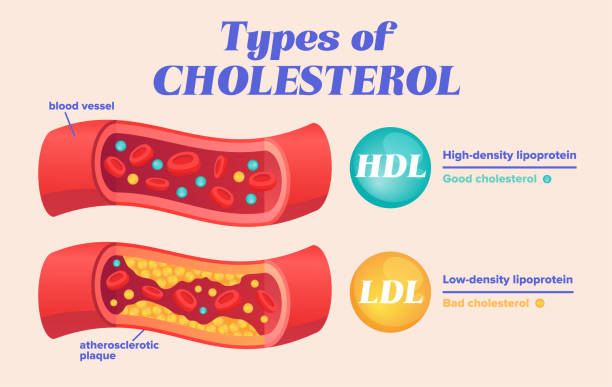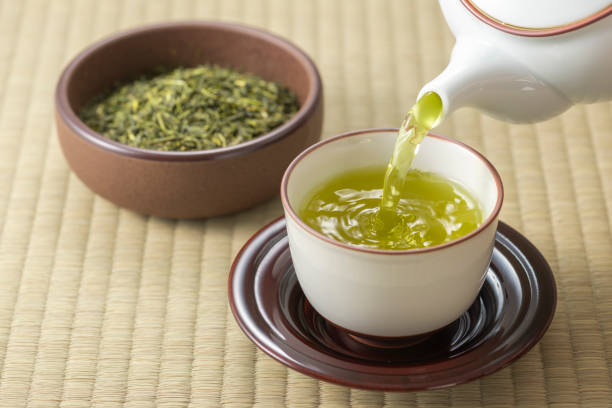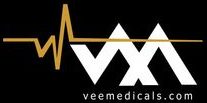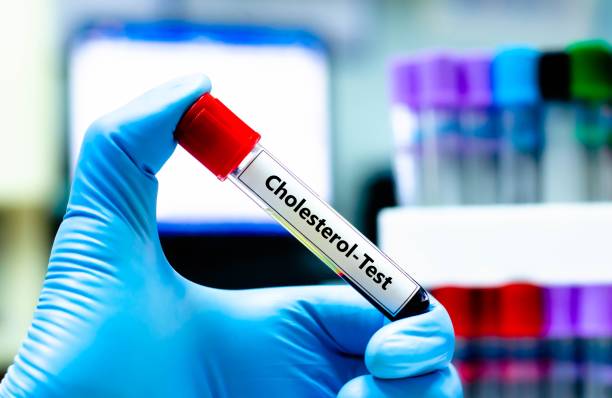Cholesterol is essential for your health and the formation of healthy cells, and without it, your body would be unable to function.
What is Cholesterol?
Cholesterol is a lipid (fat) found in your blood. It is required for regular cell function, and it is produced by your body. It plays a significant function in the building of cell walls, is a component of numerous hormones, and is involved in the production of vitamin D, making it vital for human existence. Cholesterol is obtained in two ways: 20% is consumed through food, and your liver synthesises the remaining 80%.
When your body has more cholesterol than it requires, it begins to build up in your arteries. This is referred to as Atherosclerosis. This can lead to blood clots, heart attacks, and strokes, as well as other heart and blood flow issues.
Types of Cholesterol
Cholesterol is divided into two main types.
1. Low-density lipoprotein (LDL)-
This is the ‘bad’ cholesterol. It carries cholesterol to all of your body’s cells, where it is used in cellular activities. LDL cholesterol is the main cause of arterial obstruction and accumulation. High LDL cholesterol levels cause cholesterol deposits in your blood vessel walls, which can eventually result in blocked arteries, strokes, kidney failure, and heart attacks.
2. High-Density Lipoproteins (HDL)-
This is the ‘good’ cholesterol. It carries cholesterol from your body’s cells to your liver, where it is decomposed and eliminated as waste. Triglycerides are another type of lipid (fat) found in your blood. The cholesterol values shown below are considered “normal.”
- Total cholesterol: Levels below 5.17mmol/L
- HDL cholesterol: Levels below 1.04 -1.55mmol/L
- LDL cholesterol: Levels above 3.30mmol/L

What are the Causes of High Cholesterol
The most prevalent factors that increase your cholesterol levels are as follows:
1. Saturated and Trans fat-rich foods:
The term “trans fat” refers to a kind of dietary fat that is produced when liquid oils are converted into solid fats such as shortening or margarine. It is also present in a variety of fried fast food, popcorn, non-dairy coffee creamer, doughnuts, cakes, cookies, crackers, and fried onion rings. Regular intake of this food can increase LDL (bad) cholesterol levels.
2. Family:
Those with a family history of elevated cholesterol levels are more likely to develop this heart condition.
3. Age:
Literally, after 20 years, cholesterol (LDL) levels generally will start increasing.
4. Obese / Overweight:
Obesity can reduce good (HDL) cholesterol while increasing bad (LDL) cholesterol levels.
Ways to Lower Cholesterol Naturally
1. Eat Enough Fiber.
Fiber is an indigestible substance that can be found in a variety of plant sources. Although fiber is not as easily digested as carbohydrates or protein, it performs a vital role in your gut by bulking up the intestinal contents, activating your gut wall to push the food contents onwards, and eliminating constipation. Fiber binds to cholesterol as it passes through your digestive system. It is nevertheless essential for good health. Soluble fiber may be found in oats, barley, peas, apples, carrots, and citrus fruit. Increasing your fibre intake by eating more fruits and vegetables, whole grains, and legumes (such as lentils, chickpeas, kidney beans, and baked beans) can help you reduce your cholesterol.
2. Limit Your Intake Of Red Meat.
Saturated fats in red meat are high, which can increase bad (LDL) cholesterol levels. However, consider skinless chicken or skinless turkey and fish instead of processed meats for a healthier choice in your diet. Fish is low in saturated fat and high in omega-3 fatty acids, which are healthy for your heart and can increase your HDL (good) cholesterol levels, such as salmon, tilapia, mackerel, tuna, trout, and shellfish (crab, cod and shrimp).
3. Low-fat milk, Cheese, and Yoghurts should all be included in your diet.
Use low-fat dairy products instead of full-fat dairy products for foods like cheese, milk, cream, and yoghurt. Every day, have a bowl of probiotic yoghurt. Probiotic yoghurt includes bacteria that boost your healthy digestion and play a vital role in naturally reducing your cholesterol levels.
4. Replace Margarine and Butter with Healthy oils instead.
Make use of healthy oils instead of solid fats like butter and margarine for cooking, baking, or pan-frying. Solid fats include a lot of saturated fats, but oils contain a lot of unsaturated fats, which are healthier, such as olive oil, sunflower oil or grapeseed oil, and coconut oil. You may also take a spoonful of coconut oil first thing in the morning.
5. Green Tea is an Essential Requirement.

Literally, green tea has a high antioxidant potential due to the presence of epigallocatechin gallate (EGCG), which greatly reduces LDL (bad) cholesterol levels. It should be taken regularly.
6. Weight Control.
When you lose weight, your lipid profile usually improves. When you restrict your calorie intake to lose weight, fat is broken down, and LDL (bad) cholesterol can be reduced.
7. Exercise more.

LDL cholesterol is transported to the liver by exercise, where it is broken down and expelled in the bile. Furthermore, exercise lowers the level of extremely tiny LDL particles, allowing less cholesterol to enter the lining of your artery walls. HDL cholesterol levels can also be enhanced by exercise.
8. Quit smoking.
Because of the complicated effects of nicotine on metabolism, smoking is well known to induce an irregular lipid profile.
CONCLUSION
Simply living a healthy lifestyle may have a significant impact on your cholesterol. You’ll be well on your journey to improving heart health if you make dietary adjustments, exercise more, quit smoking, and lose weight.


